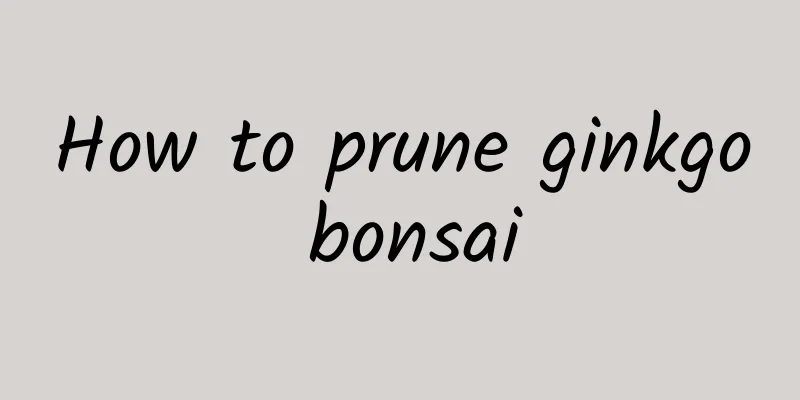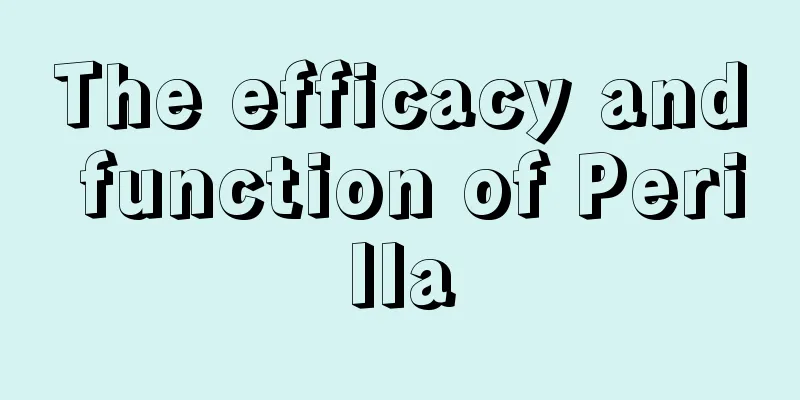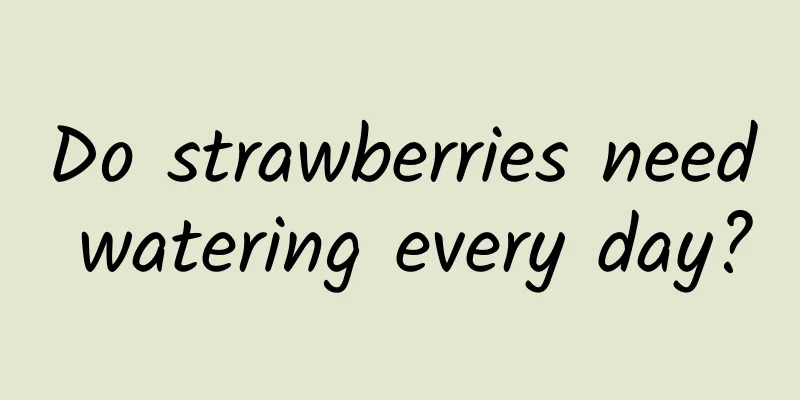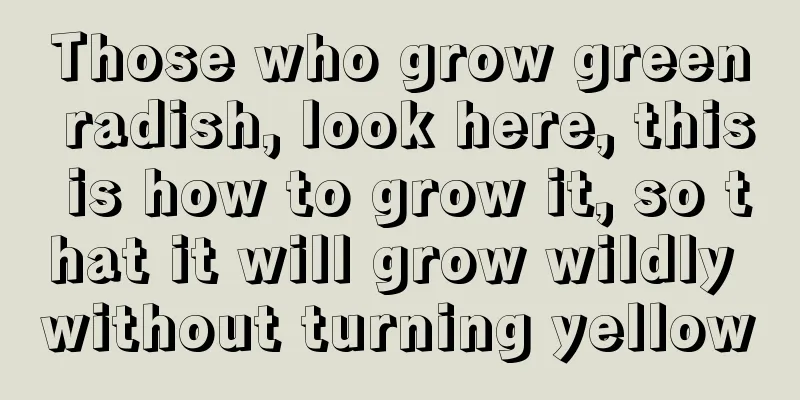When to transplant jasmine
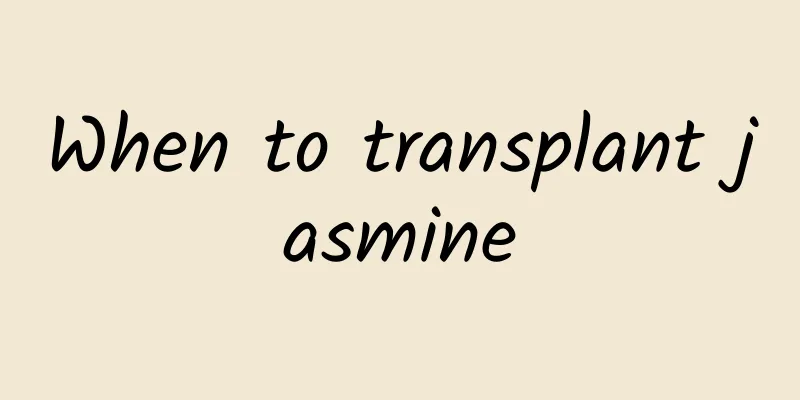
|
In fact, jasmine has a very tenacious vitality. Its branches are easy to survive whether they are cut or transplanted. In the process of growing jasmine, when the jasmine plant is too large, the growth space in the flowerpot becomes insufficient, and transplanting is required. Jasmine transplanting timeJasmine can be transplanted in spring and autumn, when the success rate of transplanting is the highest. Be careful not to damage the roots of the plant during transplanting. The temperature changes too much in summer and winter, which are not suitable for transplanting. When the plant is relatively weak, pay attention to maintenance in terms of watering, light, fertilization, etc. Jasmine transplanting methodWhen transplanting, we need to trim off the small and dense branches, and shorten the too long branches appropriately. This will reduce the excessive consumption of nutrients and increase its rapid recovery. When repotting it, be sure to remember to use loose and breathable soil, preferably one made of river sand and garden soil. Do a good job of sterilization and put it in a cool and ventilated place. Spray it with water every day to allow its leaves to absorb moisture and keep the leaves energetic. It will start to grow roots and then side buds in about a week. You can poke a few small holes in the film to allow it to breathe. Management of jasmine after transplantingThe jasmine flowers that have just been potted cannot be exposed to direct sunlight. Strong light will burn the plants and cause the leaves to turn yellow. They should be gradually exposed to light after the seedling acclimatization period. They need to be watered once to allow them to take root. After watering them, they will enter a seedling acclimatization period to adapt to the new soil. They have weak water absorption capacity and do not need watering or fertilizing. After the jasmine flowers have passed the seedling acclimatization period and the potting period, they will enter the growth period. Fertilizer should be applied at this time. Poor air circulation can easily lead to diseases and pests that harm the plants. After the jasmine flowers are potted, they should be ventilated frequently to reduce the possibility of diseases and pests. They should not be exposed to rain at this time. |
<<: How often should sunflowers be watered?
>>: The breeding methods and precautions of red Ruyi
Recommend
How to propagate lotus? Can lotus propagate itself at home?
1. Reproduction method 1. Seed propagation: Seed ...
When is the best time to apply fertilizer to hazelnut trees?
Topdressing time for hazelnut trees The first fer...
When do pear trees bear fruit?
How long does it take for a pear tree to bear fru...
The difference between evergreen dianthus and multicolored dianthus
Different morphological characteristics The first...
Should I use a large or small pot for my ball orchid?
Should I use a large or small pot for my ball orc...
How to grow banana trees to make them more vigorous
Banana Tree Growing Conditions The banana tree li...
What are the cultivation methods and precautions of copper coin tree
Growth habits of copper coin tree The copper coin...
How to grow roses with water
1. Water cuttings When water-propagating, you sho...
Breeding methods and precautions of succulent peach eggs
1. Maintenance methods 1. Soil: Peach egg needs s...
How many years does it take for tangerines to bear fruit?
The fruit of tangerine planting for several years...
How to propagate peony and what to pay attention to
How to propagate peony The ways to propagate peon...
Camellia indoor cultivation methods and precautions
Camellia , with its brilliant colors and charming...
The Flower Language of Ice Flower
Flower Language The flower language of ice flower...
How to distinguish summer, winter, spring and autumn types of succulents
Summer type Summer type is a type of succulent th...
What to do if the leaves of Chlorophytum comosum turn yellow
1. Supplement nutrients Reason: Chlorophytum como...

